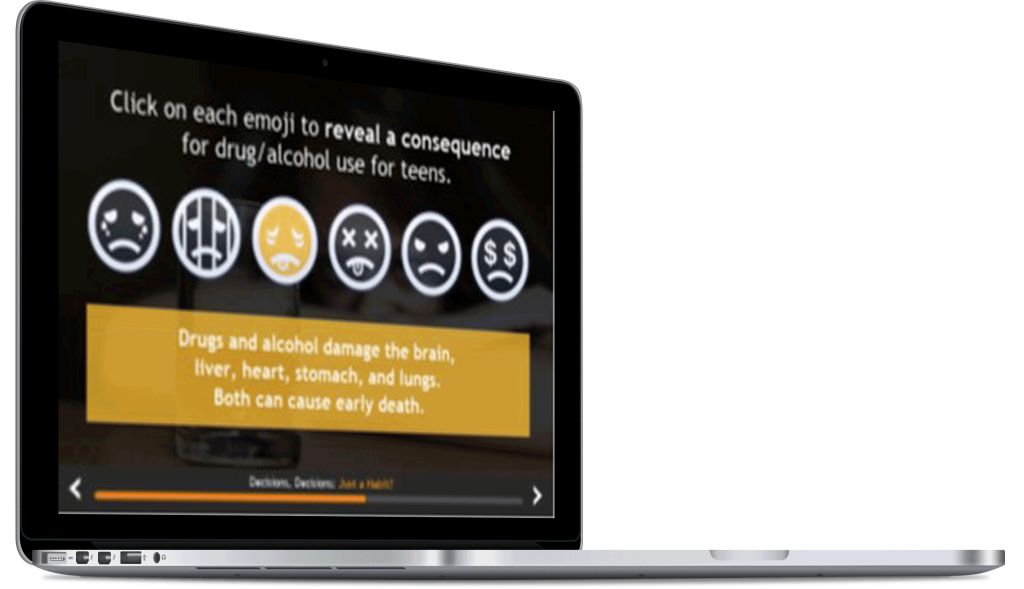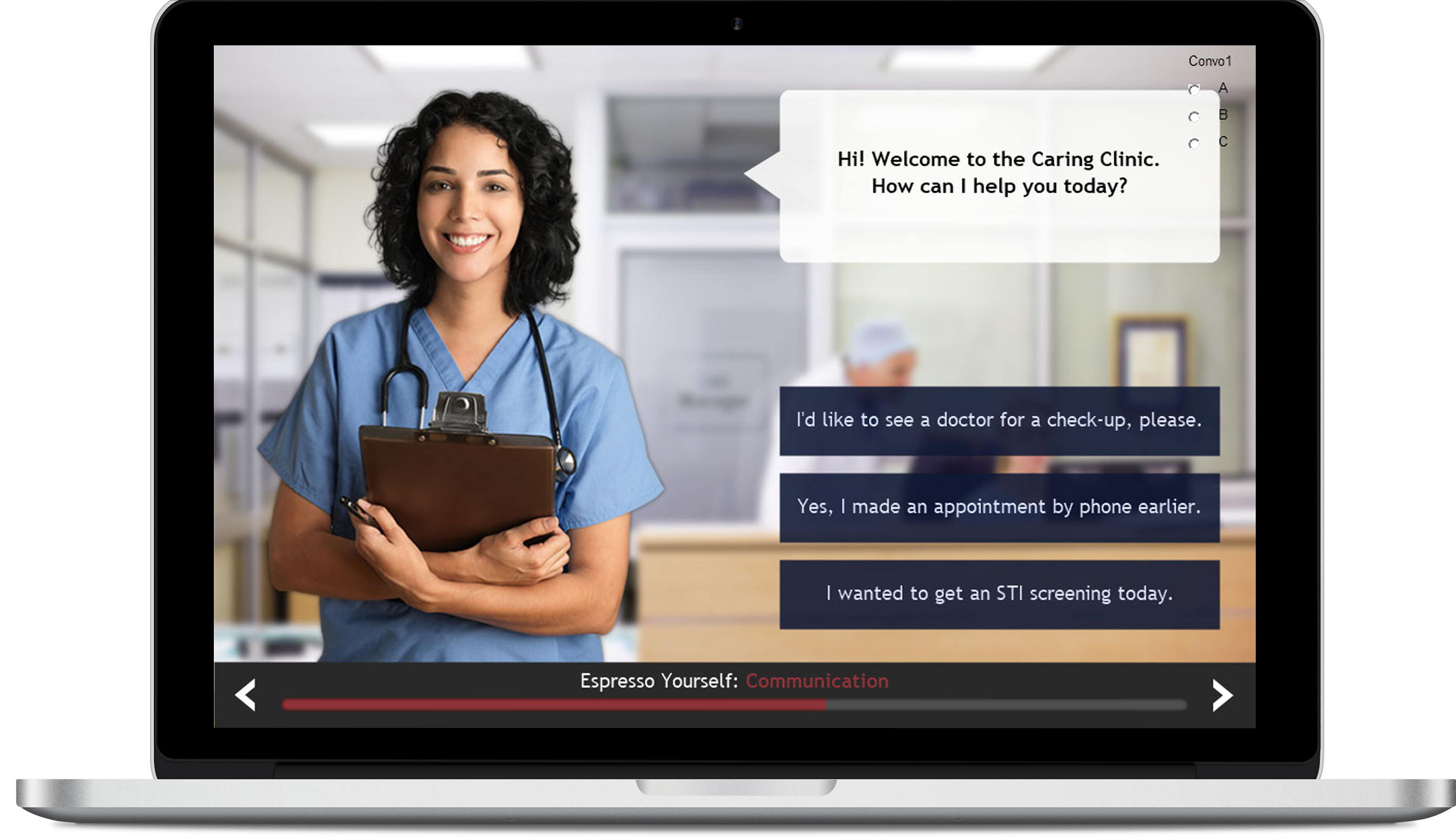THE PROBLEM: SCHOOL-BASED SEXUAL HEALTH EDUCATION CAN BE COMPLICATED
- There is too much to cover in health education and not enough instructional time.
- Talking about sexual health in a classroom can be uncomfortable for students – and oftentimes teachers.
- Without proper training, teachers may communicate their personal values to students.
- Parents want to know exactly what their students are being taught about sexual health.
- Most sex education programs take a risk prevention approach and focus on pregnancy and STI prevention and leave out important sexual health promotion topics like healthy relationships, gender, and consent.

The Solution: Media Aware’s comprehensive sexual health education
- Self-paced lessons can cover information in less time.
- Web-based instruction is standardized. Administrators, teachers, and parents can know exactly what students are learning.
- Gives students’ the privacy they want to learn about sexual health.
- Includes resources for teachers to help answer difficult student questions that may come up.
- Covers important topics like media influence, consent, and substance use.
HOW IT WORKS
Perhaps the most unique aspect of Media Aware is that it utilizes media literacy education to teach sexual education. Why? Media literacy engages students by harnessing their interest in popular media to have conversations and teach about topics that students sometimes find uncomfortable to discuss in school.
Media Aware seeks to deepen students’ understanding of the influence media has on their decisions and helps to develop their critical thinking skills related to media, sexual health, and relationship health. Media Aware is convenient for students, as it is accessed online and is completed on their own time, at their own pace.
MEDIA AWARE ADDRESSES:
- Alcohol/substance use and risky sexual activity
- Media portrayals of romantic relationships
- Building a healthy relationship
- Stalking, dating violence, and abusive relationships
- STI prevention and testing
- Gender role stereotypes
- Effective communication with parents, romantic partners and health professionals
- FDA-approved birth control methods
- Sexual assault, bystander intervention, and consent
Check out a clip from Media Aware
Media aware does this with the use of
Videos of peers discussing sexual health and media topics
Medically-accurate
information
Skills practice and quiz questions with immediate feedback
Popular media examples (e.g., songs and song lyrics; clips from TV and film; advertisements)
Personalization
The interactive nature of the program also allows for personalization. Students create a profile, including setting specific personal, educational, and health-related goals. Throughout the lessons, they also have the opportunity to make choices in pressure-free simulations of real-life situations. This was designed to increase engagement and help students apply the skills they learn in Media Aware to their everyday life.

